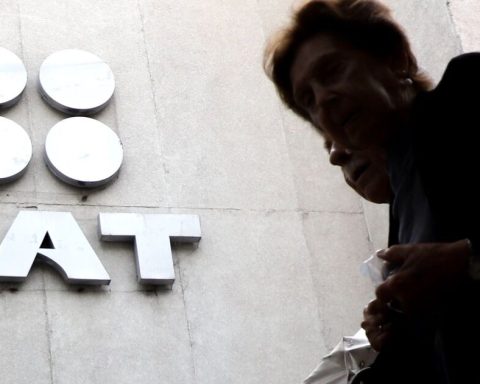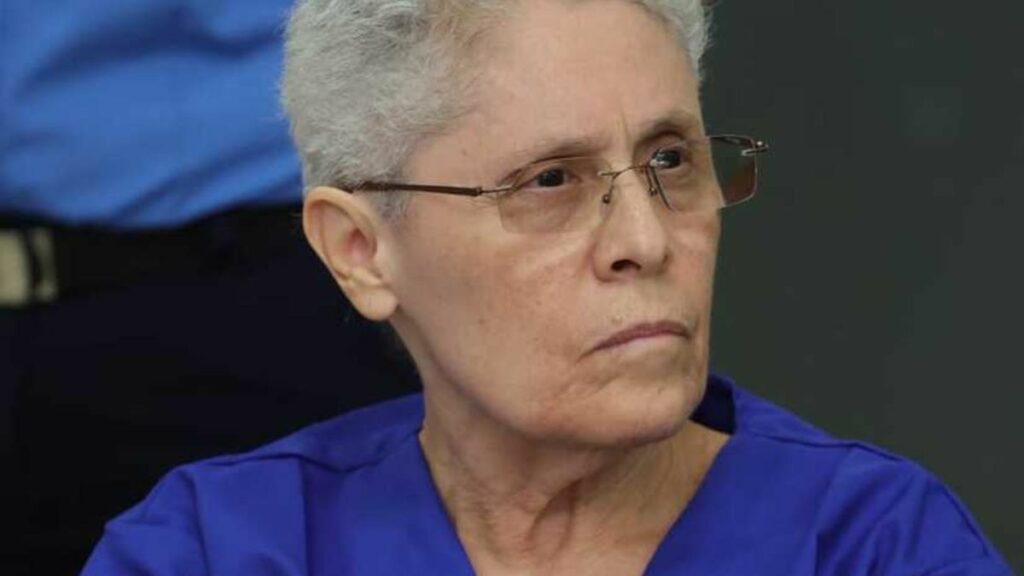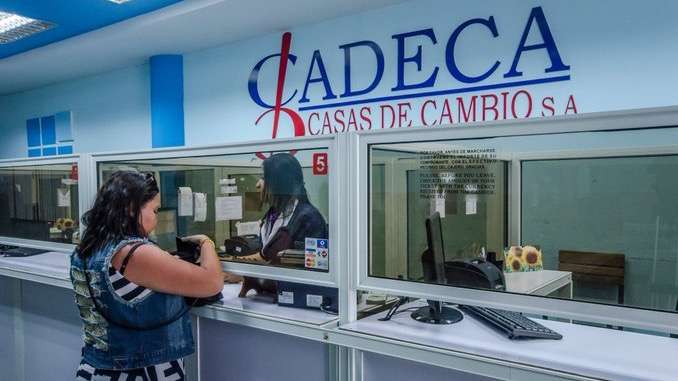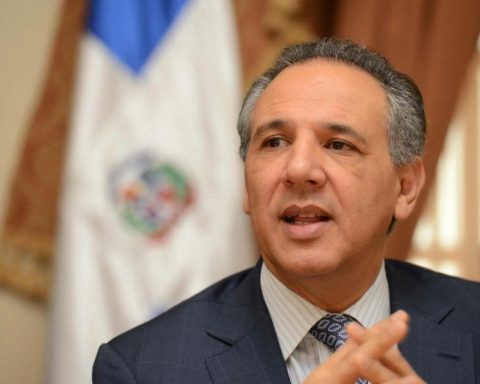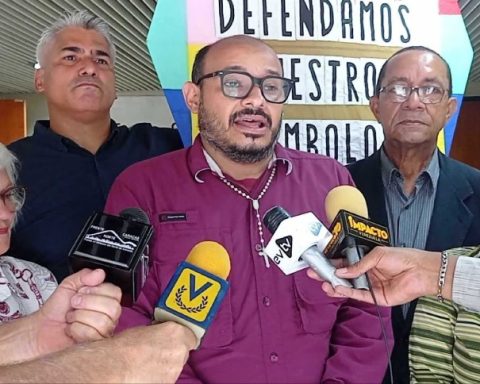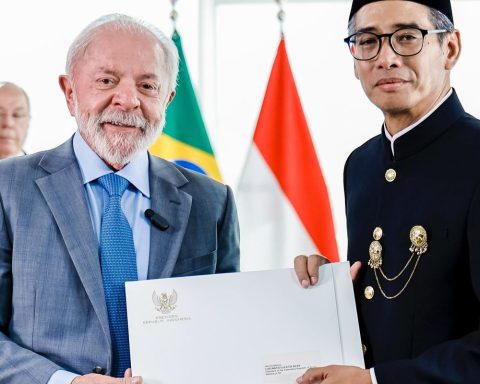Salud Digna announced this Monday that the first clinic of the Mexican Community of Hemodialysis (CMH) model has performed more than 2,500 treatments per month, since it began operations in January of this year, to care for the Mexican population suffering from chronic renal failure. .
The Mexican Community of Hemodialysis (CMH), located in Toluca, State of Mexico, has the capacity to receive around 80 patients a day and provide more than 20 sessions of hemodialysis At the same time, in rooms equipped with all the necessary services to create an optimal environment during treatment, with access through a screen to educational and entertainment programs.
This type of treatment exponentially increases the life expectancy of patients with Chronic Kidney Disease (CKD) or renal failure, whose only cure alternative is kidney transplantfor which the waiting times range from 6 to 12 months.
Data from the National Transplant Center show that, in the second quarter of 2021, the waiting list for an intervention to replace this organ was up to 16,800 Mexicans. While in the first semester of this year, the Mexican Social Security Institute (IMSS), which represents up to 40% of kidney transplants in the country, only performed 592 operations of this type.
This shows the importance of these patients undergoing hemodialysis treatments on time and periodically, so that the function of their kidneys is temporarily replaced, which is compromised to a greater or lesser extent, depending on each case.
In this regard, Jesús Vizcarra Calderón, founding president of the Digna Health System, said that the Mexican Hemodialysis Community (CMH): “can join the mission of organizations such as IMSS-Bienestar, so that regardless of their socioeconomic level, Mexicans have the basic right to access health, with professional staff, the most modern equipment and service standards
Salud Digna signed a collaboration agreement with the Mexican Institute of Social Security (IMSS), an organization that cares for more than two thirds of the total population with kidney failure in Mexico, with the aim of expanding its medical coverage, by subrogating treatments of hemodialysis for their beneficiaries, given the saturation of their medical units.
Juan Carlos Ordóñez, general director of Salud Digna, mentioned in this regard: “this agreement with the IMSS will also facilitate an exchange of information and experiences between the two institutions, in order to remain at the forefront of patient care and needs, to know new scientific advances and use state-of-the-art equipment to guarantee safe and efficient practice in hemodialysis therapies”.
The Mexican Hemodialysis Community was officially presented on November 19, with the presence of the President of the Republic, Andrés Manuel López Obrador; the governors of the State of Mexico, Alfredo del Mazo Maza, and of Sinaloa, Rubén Rocha Moya; and the founding president of the Digna Health System, Jesús Vizcarra Calderón; among other public officials and representatives of the private sector.
At the event, Jesús Vizcarra Calderón commented that “this initiative joins the Salud Digna family, which today is distributed in 185 clinics in the 32 states of Mexico, in Nicaragua and in the coming weeks also in El Salvador and Guatemala. What would not have been possible without a team of 12,000 women and men committed to excellence, who have cared for more than 16 million Mexicans with care, dedication and love this year.”

